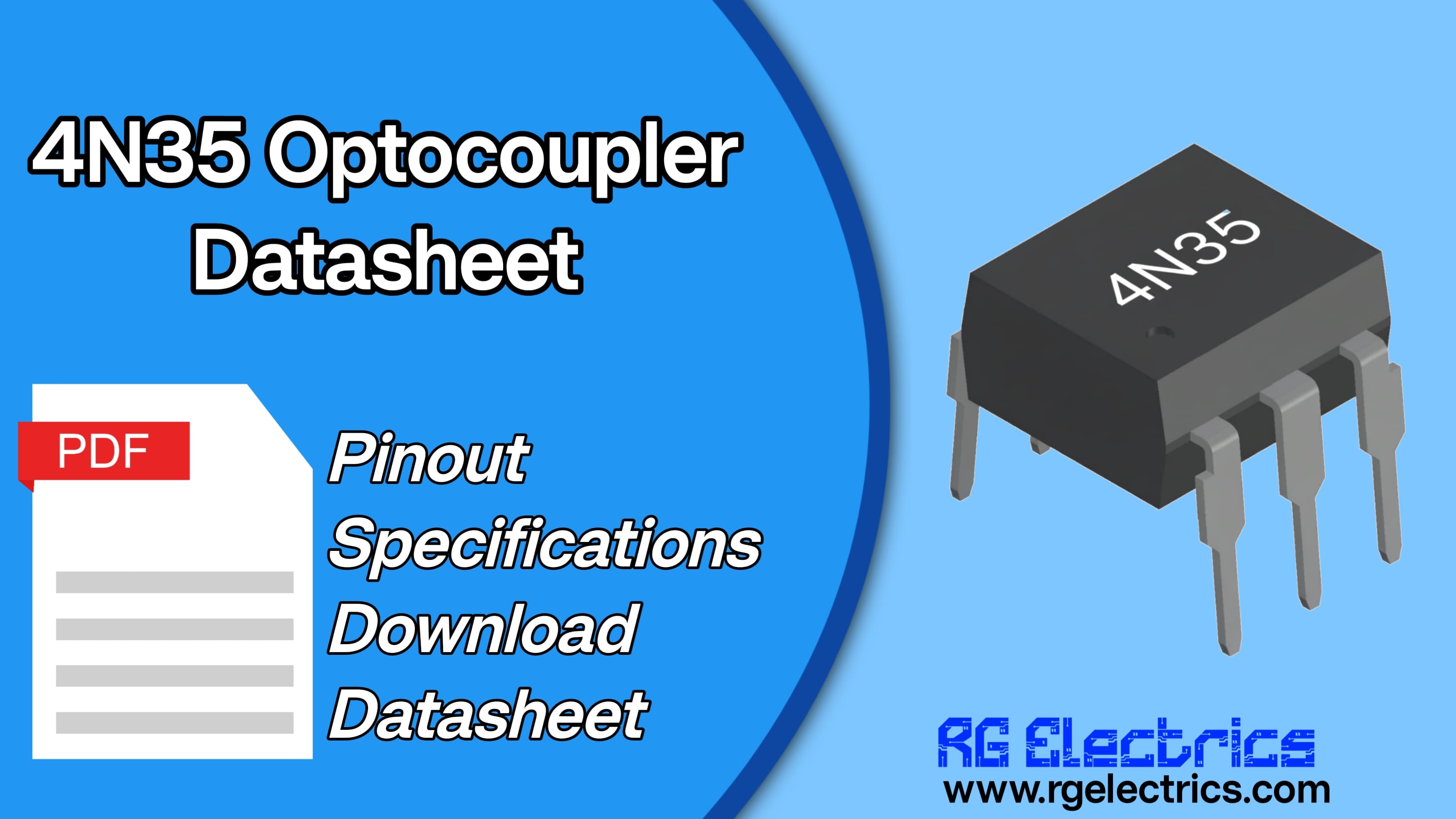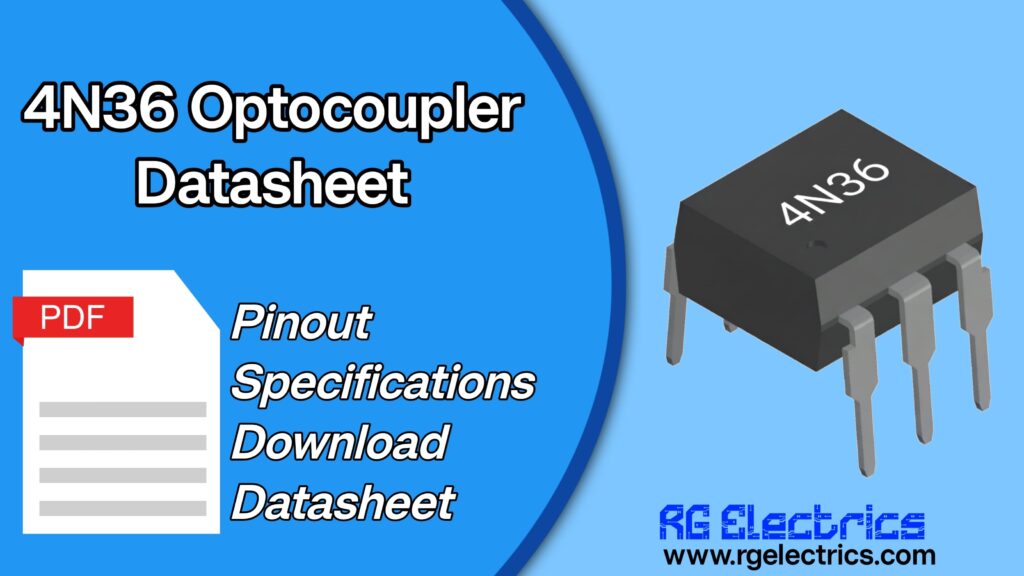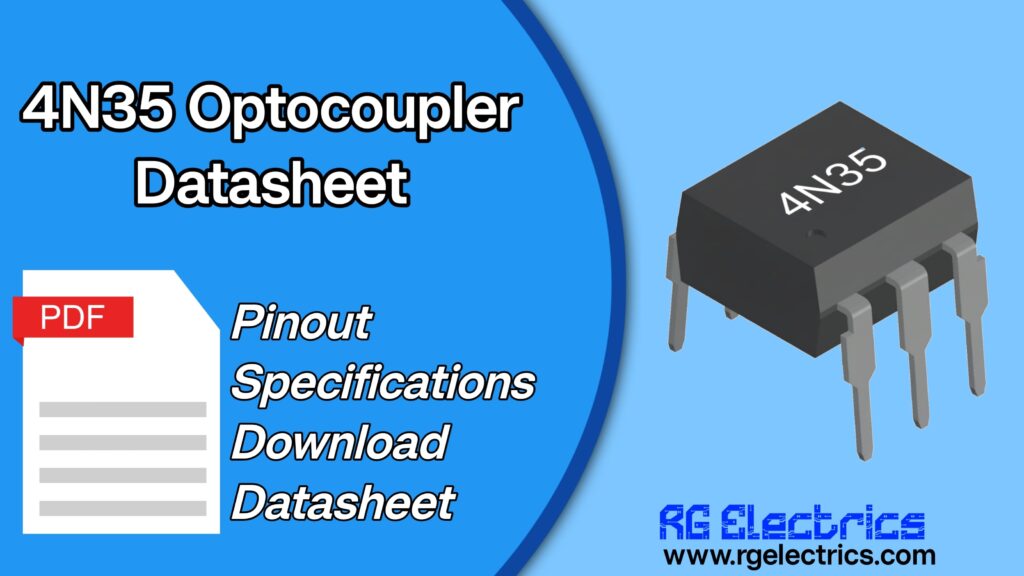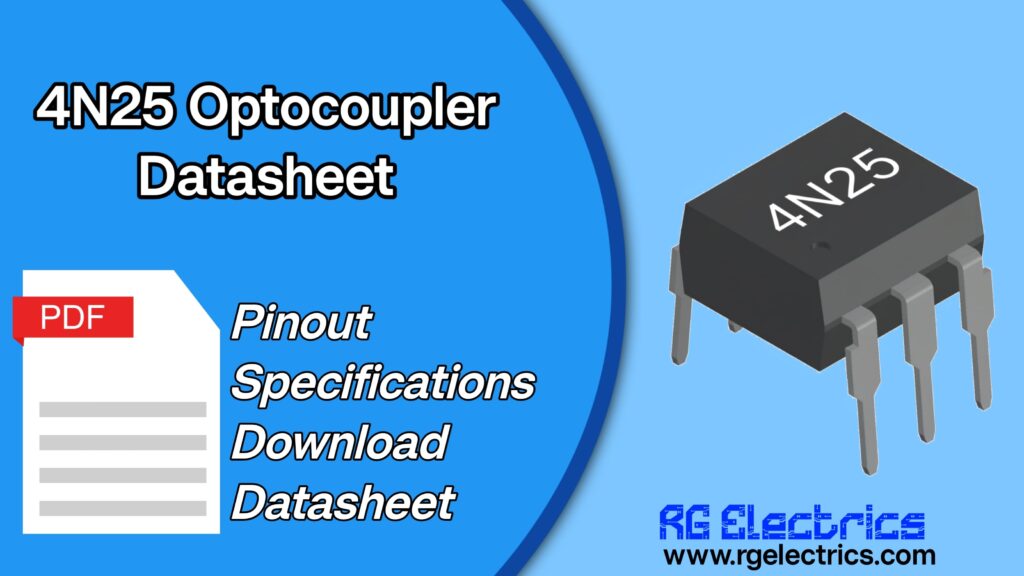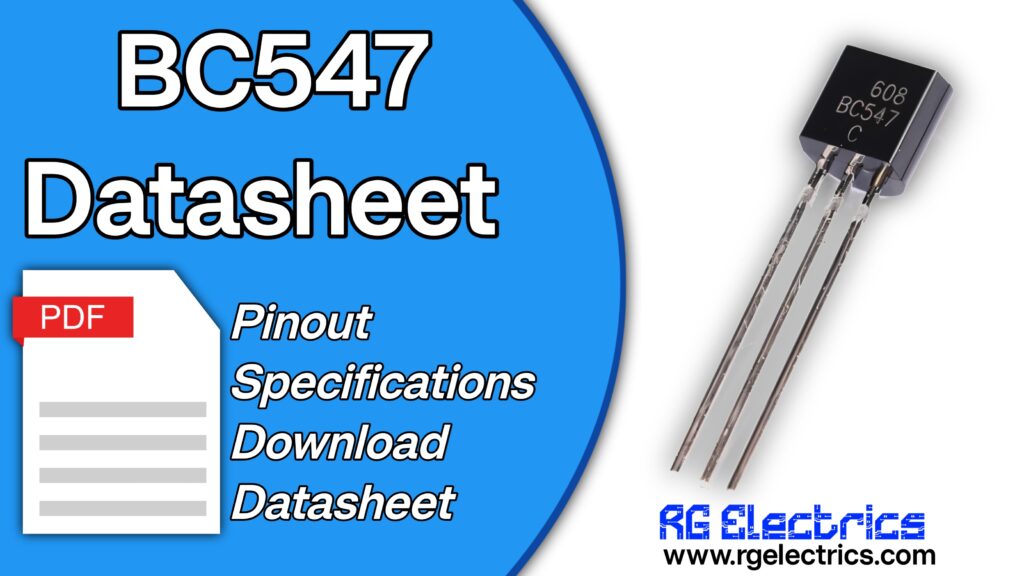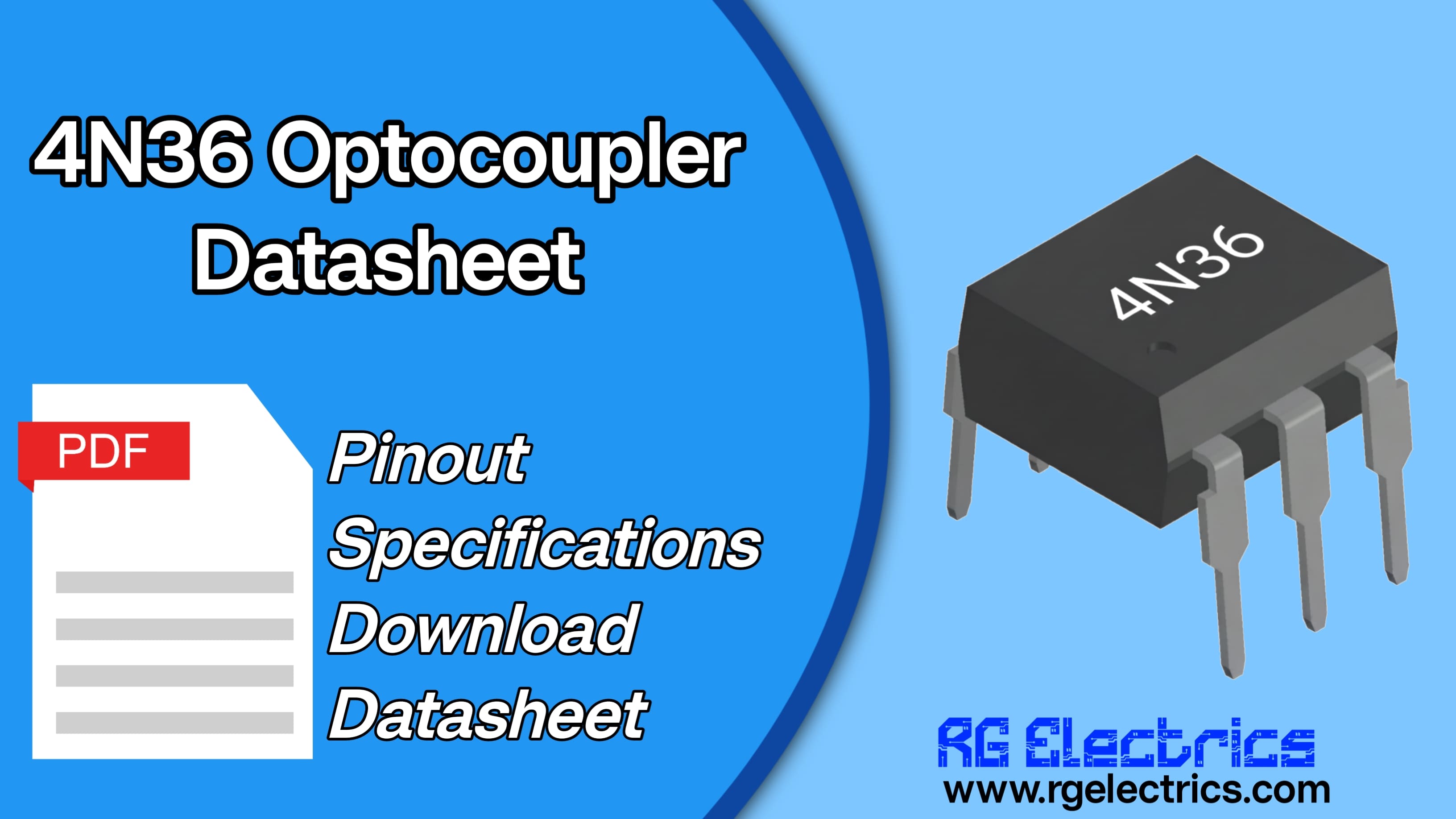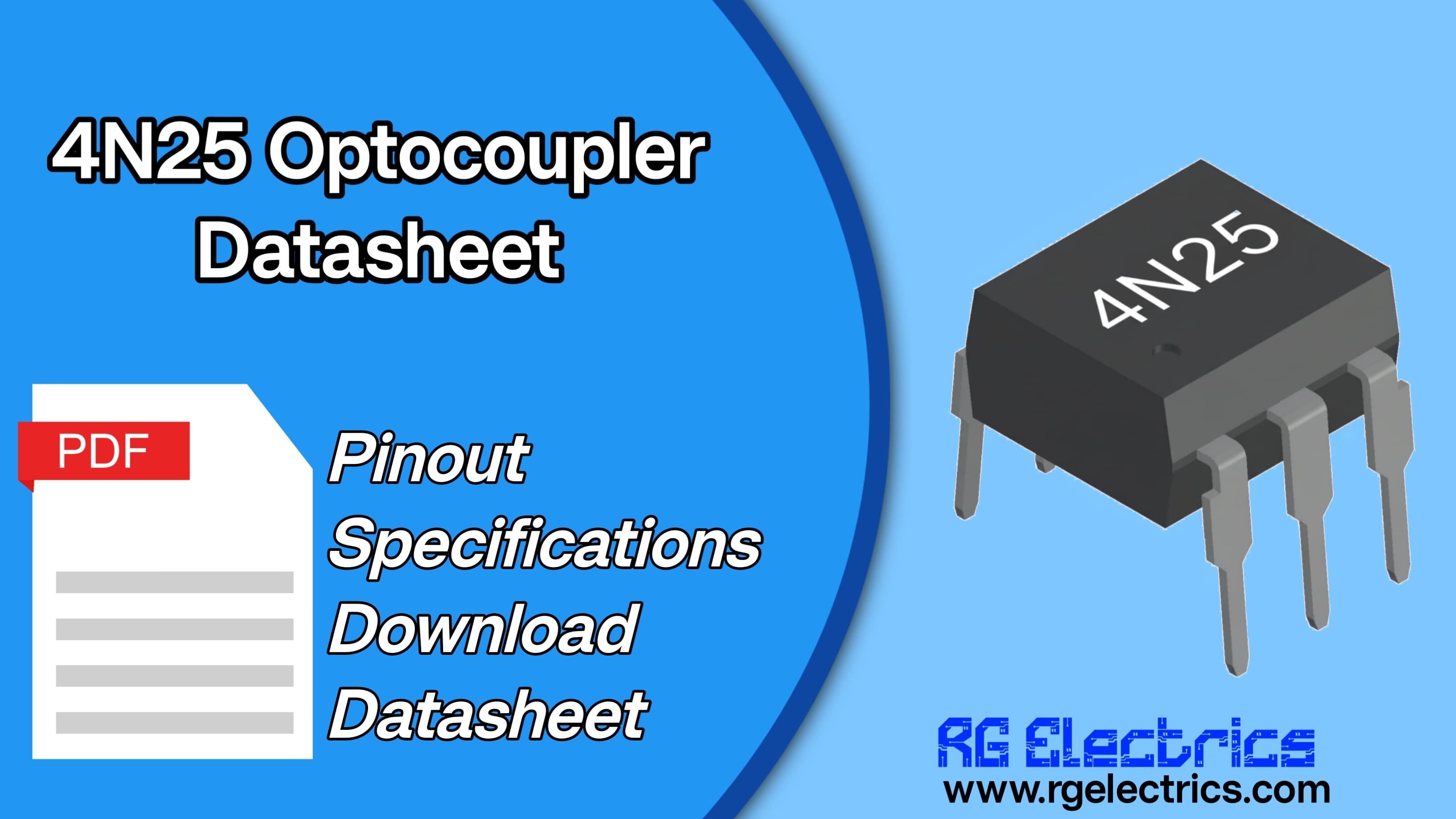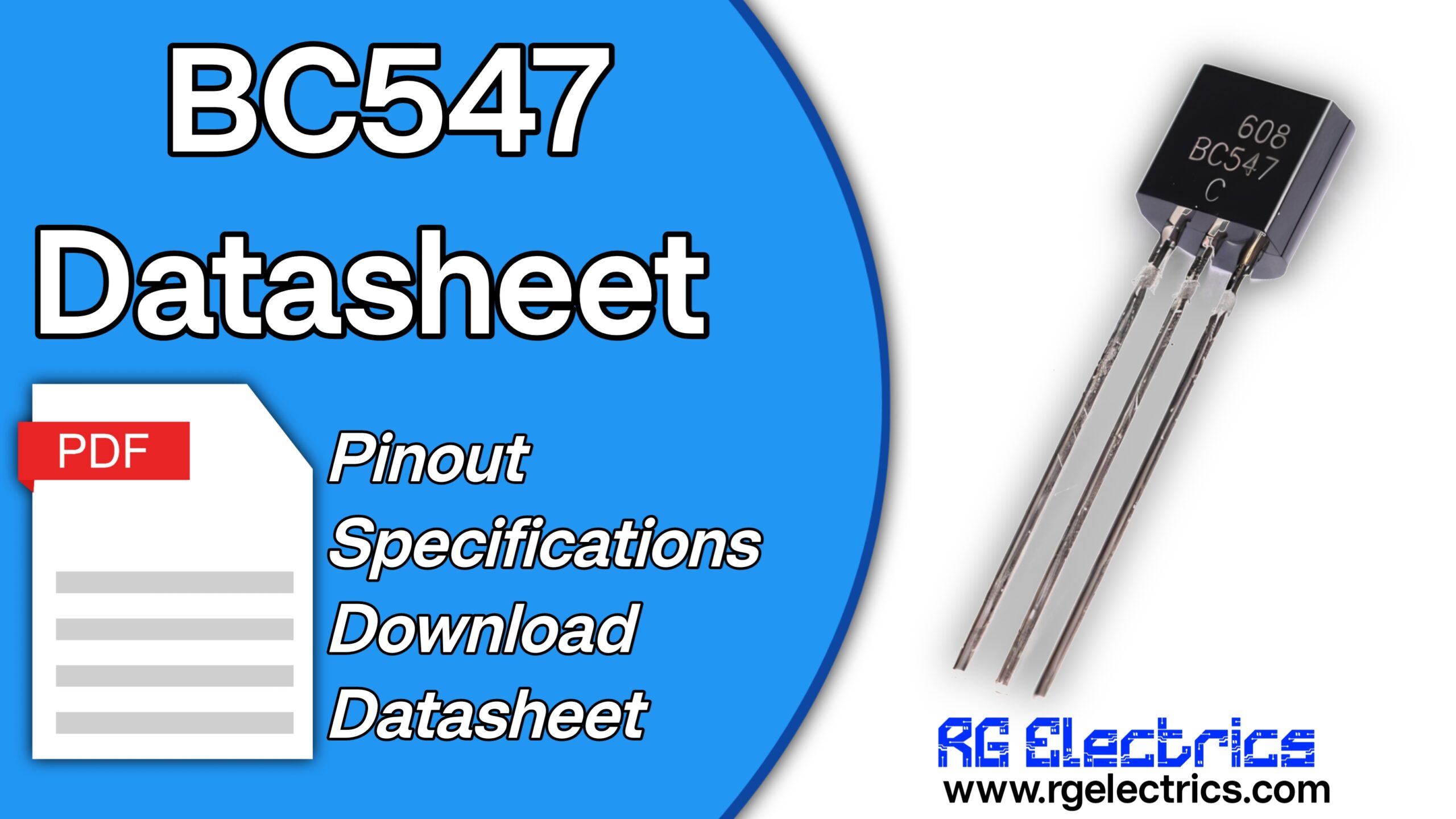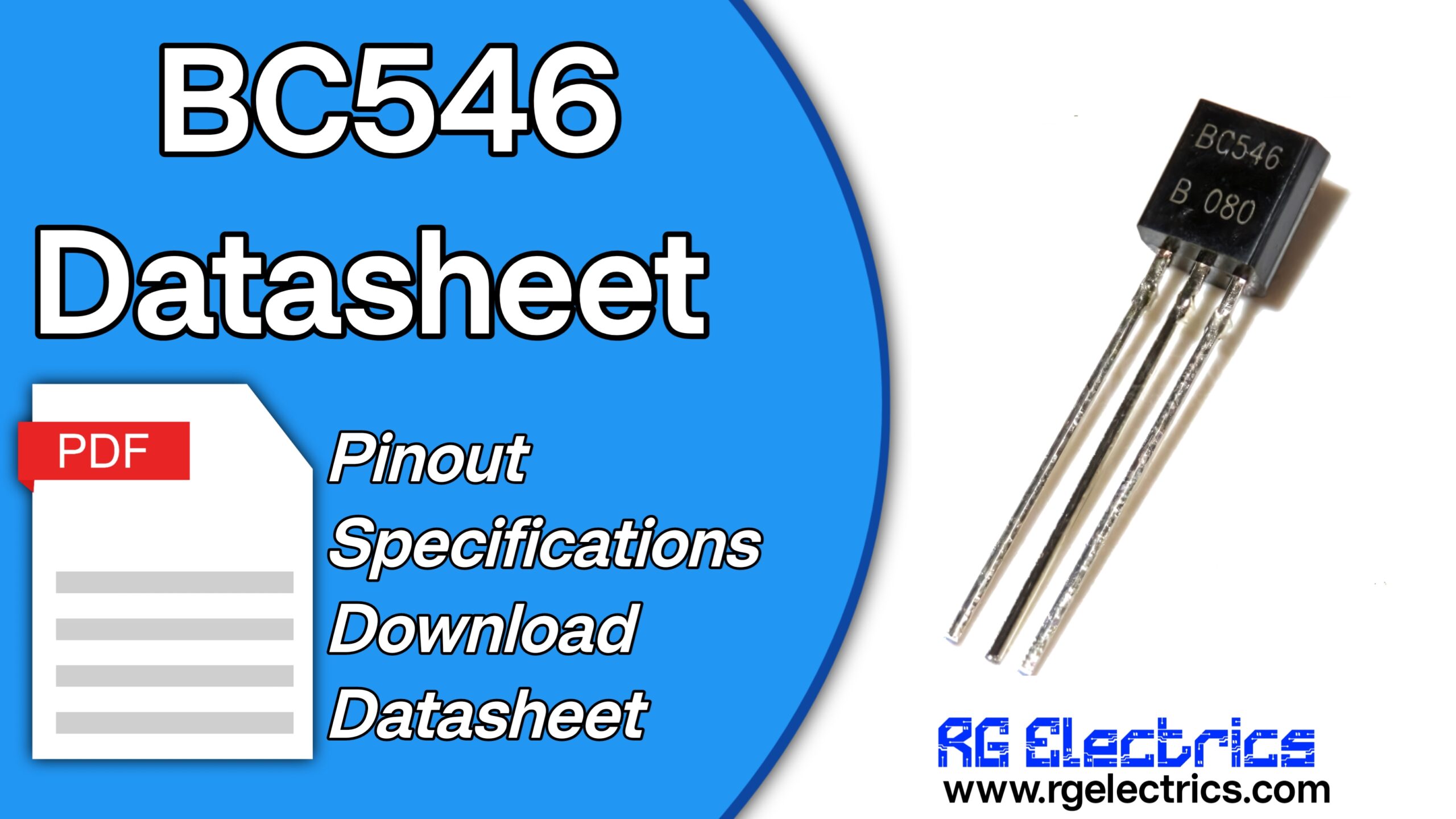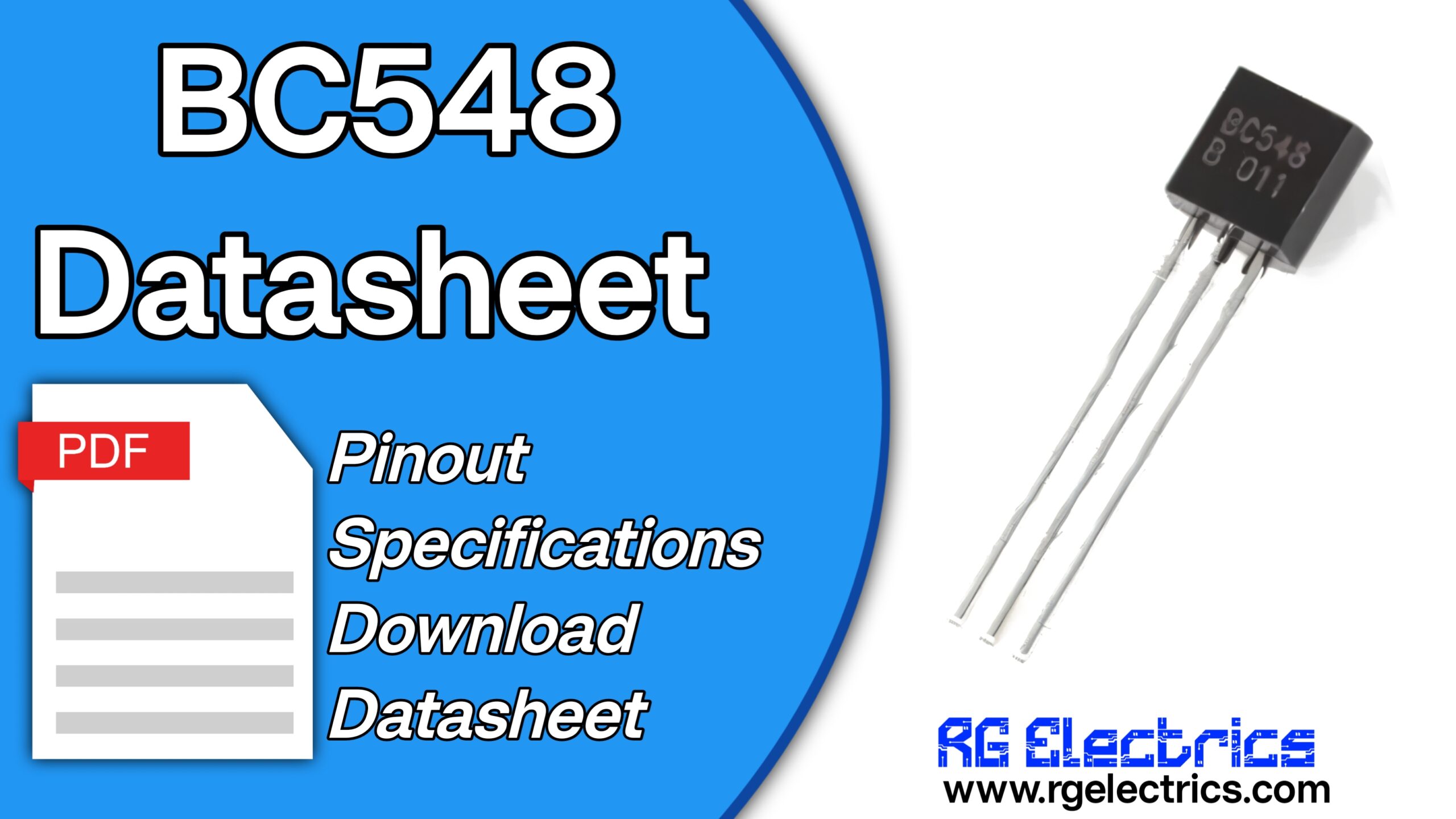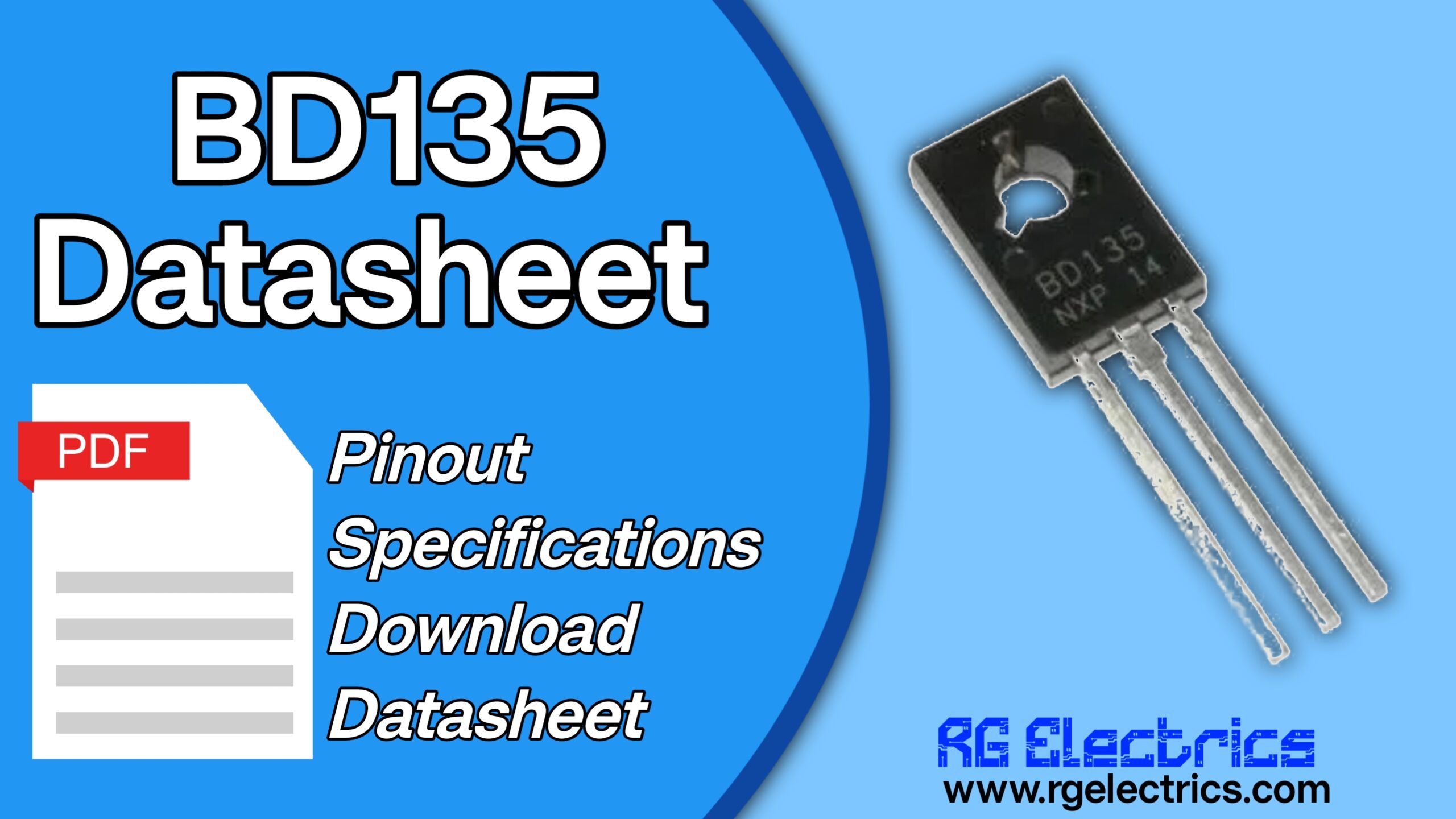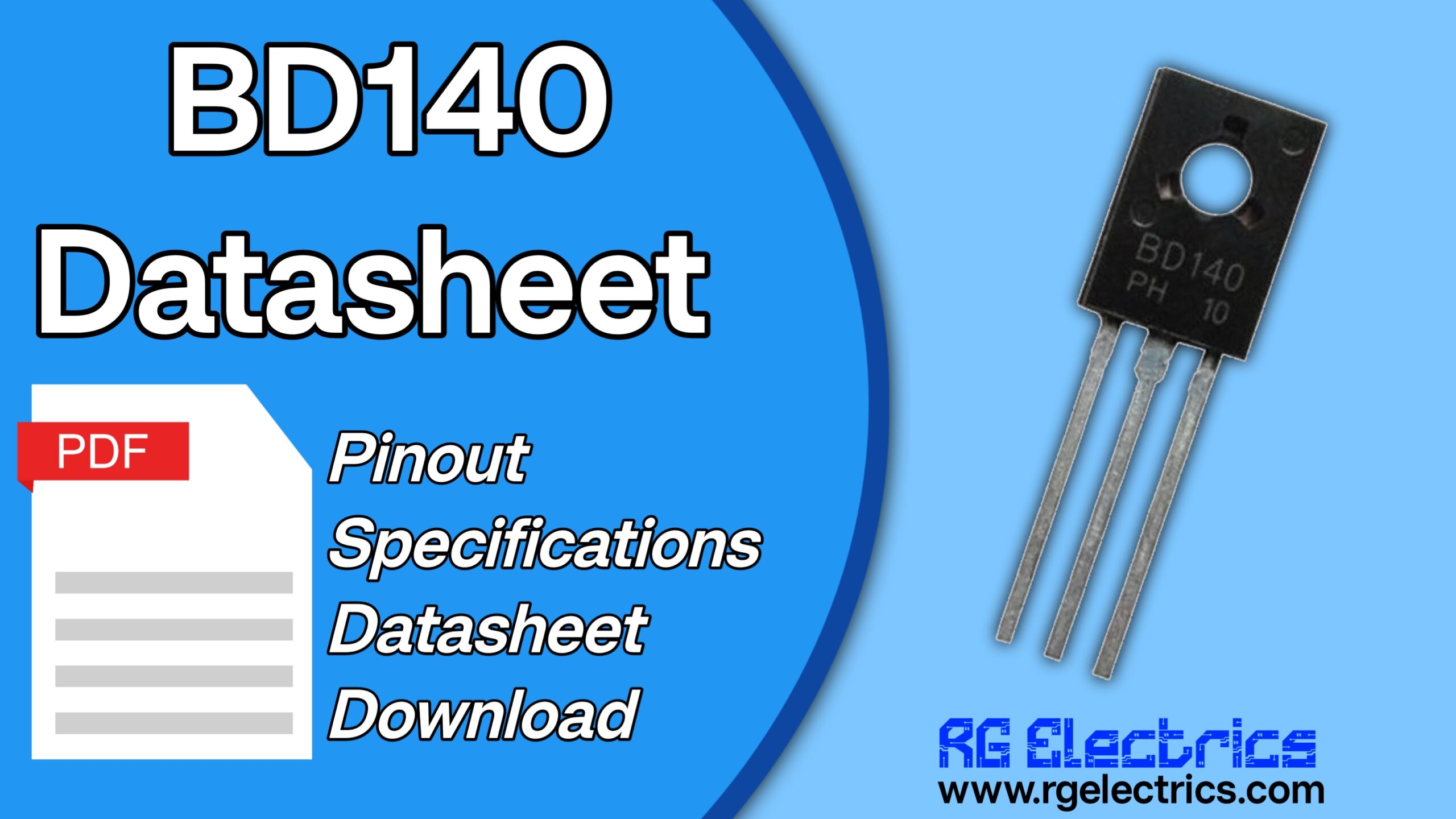Table of Contents
Introduction
The 4N35 optocoupler is a widely used isolation component designed to transfer electrical signals between two circuits while maintaining complete galvanic isolation. It consists of an infrared LED and a phototransistor housed inside a 6-pin DIP package. When the LED is energized, it emits light that activates the internal transistor, allowing signal transmission without any direct electrical connection. This feature makes the 4N35 ideal for protecting sensitive low-voltage circuits from high-voltage spikes, noise, and ground loop problems. Because of its simple design, low cost, and excellent isolation capability, it is extensively used in microcontroller interfaces, AC mains detection, switching circuits, and industrial automation. The 4N35 is also popular in robotics and communication systems where safety and signal integrity are important. Its versatility makes it suitable for both analog and digital applications. The device provides isolation voltages up to 5300 Vrms and can work reliably in noisy environments. Overall, the 4N35 is a dependable and efficient solution for signal isolation and noise immunity in electronic systems.
4N35 Pinout Explanation
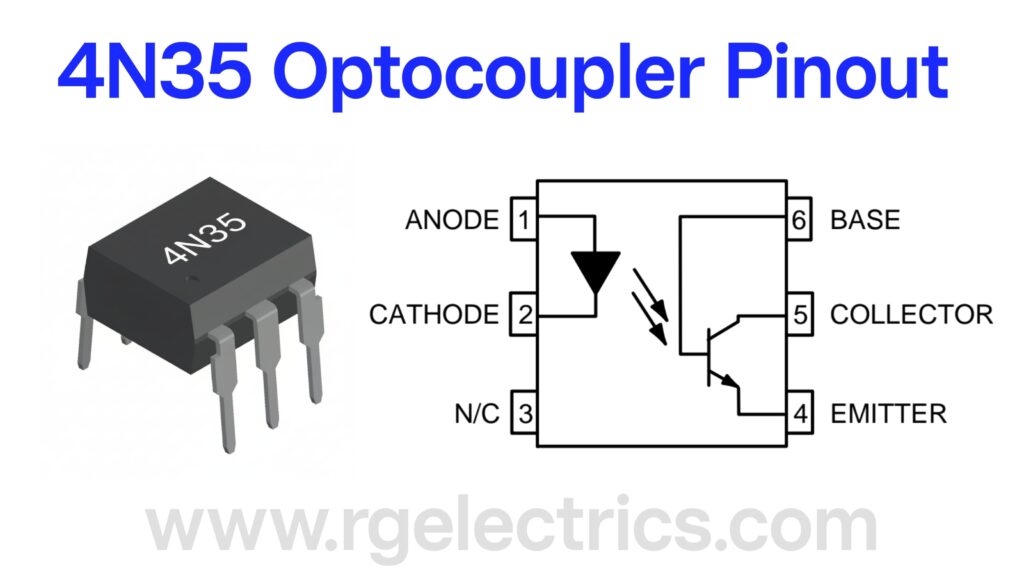
| Pin No. | Name | Description |
|---|---|---|
| 1 | Anode | Positive terminal of the IR LED |
| 2 | Cathode | Negative terminal of the IR LED |
| 3 | N/C | Not connected |
| 4 | Emitter | Emitter terminal of the phototransistor |
| 5 | Collector | Collector terminal of the phototransistor |
| 6 | Base | Base terminal (optional control of phototransistor) |
Key Features
- High isolation voltage (up to 5300 Vrms)
- Fast response time for digital switching
- Low LED trigger current
- Phototransistor output for easy interfacing
- DIP and SMD packages available
- Wide operating temperature range
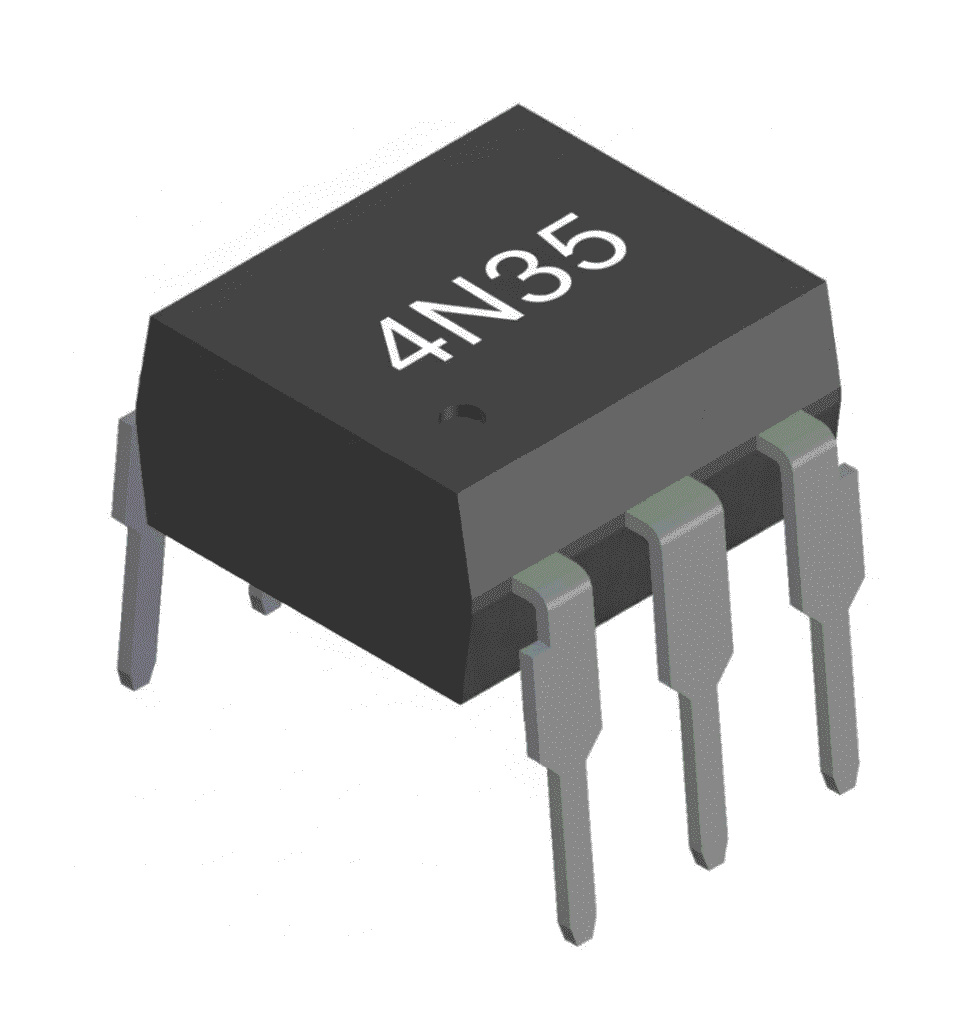
Equivalent Optocouplers
- 4N25, 4N26, 4N27, 4N28
- PC817 (similar usage, different characteristics)
- MCT2E
- CNY17 Series
Applications
- Microcontroller input protection
- AC mains zero-cross detection
- SMPS feedback circuits
- Relay driver isolation
- Industrial automation
- Motor speed control
- Signal level shifting and noise filtering
- PLC interfacing

